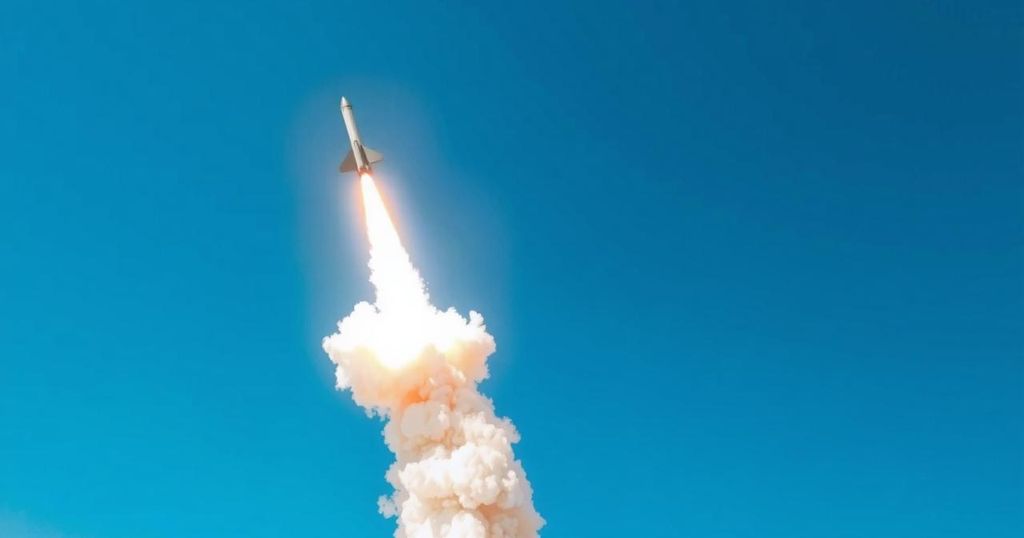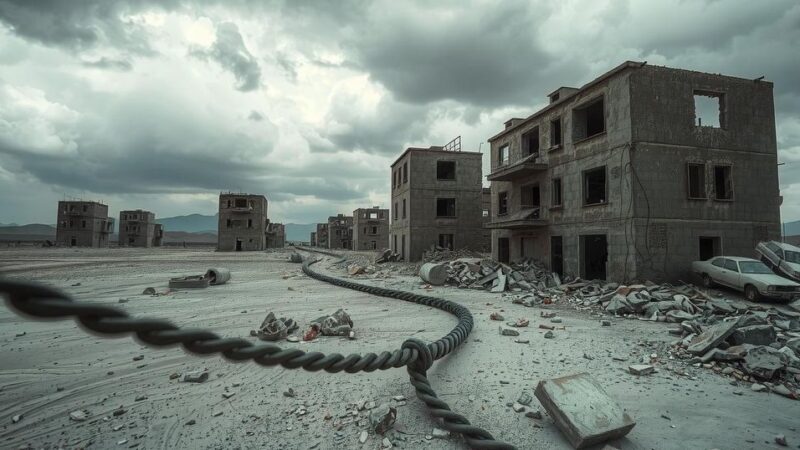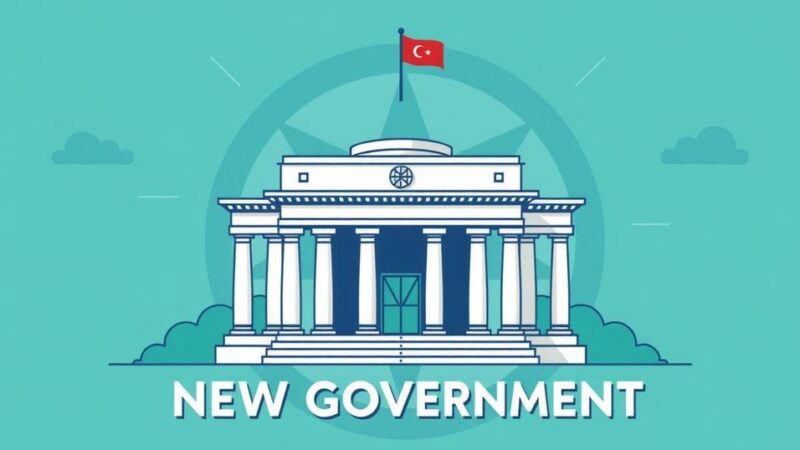North Korea has launched ballistic missiles for the first time since Trump began his second term, signaling its continued missile development amid military tensions with the U.S. and South Korea. The tests coincide with joint military exercises between the U.S. and South Korea and demonstrate North Korea’s intent to enhance its military capabilities, particularly in connection with Russia.
North Korea has recently conducted several ballistic missile launches from its west coast, indicating a continued commitment to missile testing despite Donald Trump’s return to the presidency. The South Korean Joint Chiefs of Staff reported that at least two missiles were fired from Hwanghae Province, with reports suggesting they are likely short-range ballistic missiles.
This series of missile launches occurred shortly after North Korea condemned the joint military exercises conducted by the United States and South Korea, which began on March 10. These exercises have been characterized by Pyongyang as being tantamount to war preparations.
In response to the missile tests, South Korea’s military has increased its monitoring measures and continues to work closely with American forces. Typically, North Korea refrains from commenting on its missile launches immediately, often waiting until the following day to issue statements.
The ongoing military exercises, named Freedom Shield 25, are scheduled to continue until March 20. This marks the first set of drills since Trump’s inauguration and coincides with North Korea’s threats to enhance its nuclear capabilities amidst growing military ties with Russia.
Earlier this year, North Korea executed a series of missile tests, including a strategic cruise missile launch observed by Kim Jong Un on February 26, and an intermediate-range ballistic missile launch on January 6, which was described as a test of a new hypersonic missile.
During his initial presidency, Trump initiated a suspension of various U.S.-South Korean military drills following personal dialogues with Kim, although these discussions did not yield successful outcomes. Trump has expressed a willingness to reengage in dialogue during his current term.
Following Trump’s recent inauguration, Kim Jong Un declared an “inevitable” confrontation with antagonistic nations and advocated for enhancements to the country’s nuclear capabilities. The missile tests coincide with political instability in South Korea, highlighted by President Yoon Suk Yeol’s brief imposition of martial law and subsequent impeachment.
Many of the recent missiles belong to the Hwasong-11 family, which are capable of carrying significant payloads, including nuclear warheads. The United States and South Korea allege that Kim has supplied numerous missiles to Russia, supporting President Vladimir Putin in the conflict in Ukraine.
Amid these developments, South Korea’s intelligence agency indicated that North Korea may have sent additional soldiers to Russia, augmenting the thousands already dispatched the previous year. This cooperation raises alarms regarding North Korea’s military capabilities and alliance with Russia.
North Korea has resumed its ballistic missile testing activities following the inauguration of Donald Trump, demonstrating its steadfast military pursuits amidst international tensions. The missile launches serve as a stark response to U.S.-South Korean military exercises, signaling a potential escalation in regional security dynamics. As North Korea strengthens its military ties with Russia, ongoing developments warrant close monitoring from global powers concerned with rising instability in the region.
Original Source: newsukraine.rbc.ua






